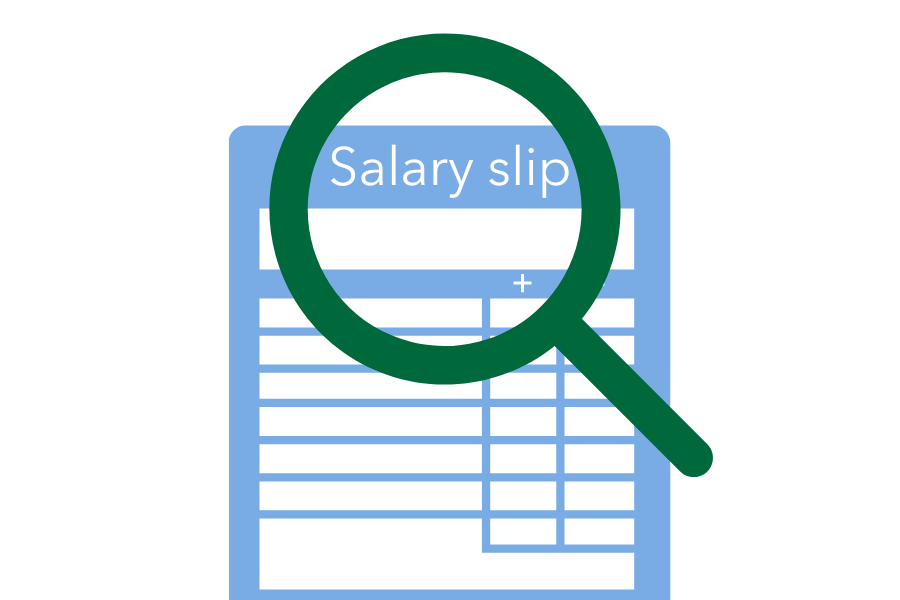8 Financial Questions Every Business Owner Should Ask Themselves
Running a business entails more than just offering a great product or service. It requires astute financial management and a deep understanding of your company’s financial landscape. Here are eight important financial questions every business owner should consider:
1. How much does it cost to run my business?
Understanding every cost and financial liability associated with your business is crucial. Beyond rent and utilities, consider expenses for advertising, infrastructure maintenance, and upgrades. Ignoring these costs can deplete your working capital and jeopardise sustainability.
2. How much profit does my company actually make?
Distinguishing between gross and net profit is vital. Gross profit accounts for expenses and reserves, while net profit factors in taxes. Accurate profit calculations are essential for business stability and growth.
3. What is my company’s monthly recurring revenue?
By tracking recurring revenue fluctuations, a company gains insights into its trajectory. Whether it’s a 50% customer retention rate or a mere 10%, recurring revenue models enable accurate future sales forecasts and highlight growth opportunities. This consistent income stream enhances predictability, extends customer lifetime value, and ultimately increases the overall value of the company.
4. What is my business credit score?
Monitoring your business credit score regularly is essential, not just for loan applications but also for securing future funding and expansion. Improving your credit score over time ensures financial flexibility when needed.
5. What is the cost and income per unit for my business?
Analysing cost and income per unit provides insights into financial viability and stability. This metric helps in decision-making regarding product offerings and pricing strategies.
6. Do I know the drivers of my business growth?
Identifying key performance indicators (KPIs) and tracking them regularly is essential for sustainable growth. Understanding what factors contribute to business success enables informed strategic decisions.
7. What are the financial highs and lows in my business?
Establishing a budget helps manage financial fluctuations. Prepare for revenue peaks and valleys to maintain stability and capitalise on opportunities.
8. Do I have a handle on my cash flow management?
Profitability doesn’t guarantee positive cash flow. Understanding the relationship between profit and cash flow, and implementing strategies to improve cash flow, is critical for long-term success.
Summary
Incorporating these financial questions into your business strategy fosters financial health and resilience, setting the stage for long-term success and growth. Remember, informed financial management is the cornerstone of a thriving business.
Try Counto accounting service
Counto exists to help small businesses like you save time and money throughout the year. Get direct access to a dedicated Customer Success Manager, who’s backed by a team of accountants and tax specialists. Discover a smarter way to outsource your accounting with confidence. Speak to us directly on our chatbot, email us at [email protected], or contact us using this form.
Here are some articles you might find helpful:







